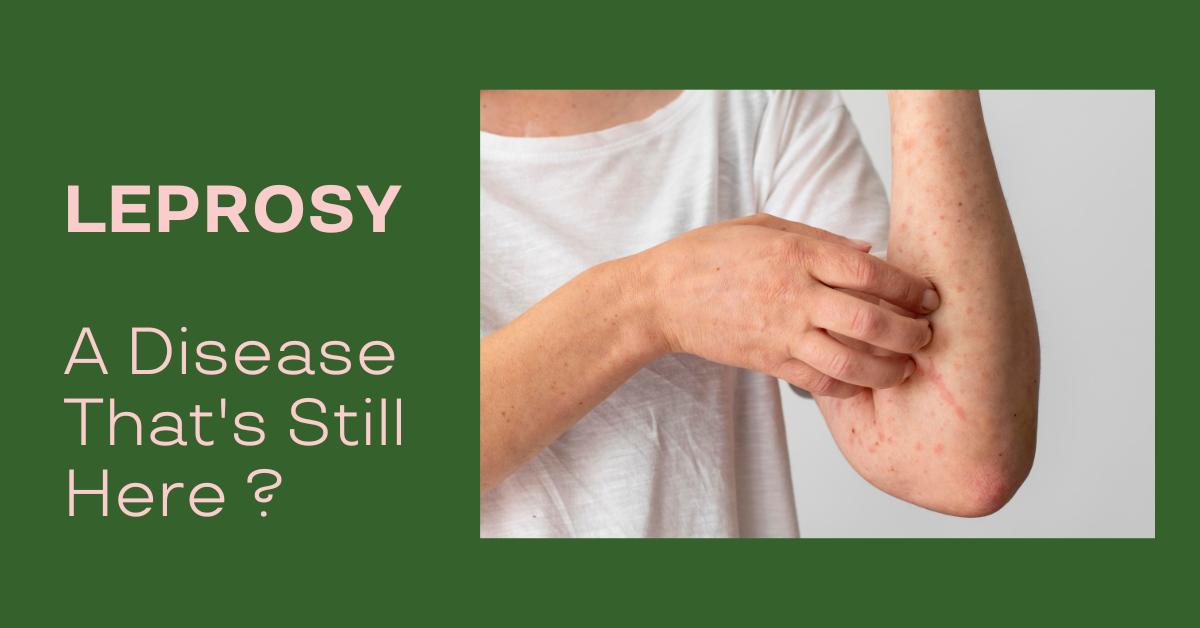Leprosy, also known as Hansen’s disease, has recently become a cause of concern in Central Florida due to an unexpected outbreak. The exact reason behind this surge in leprosy cases is not definitively known, but there are several plausible explanations.
Table of Contents
Why is leprosy in Florida?
The outbreak of leprosy in Central Florida might be attributed to a combination of factors. Firstly, the climate in Florida, particularly in the central region, might be conducive to the spread of the bacterium Mycobacterium leprae, which causes leprosy. Warm and humid environments can create favorable conditions for the survival and transmission of the bacterium.
Secondly, the presence of a susceptible population in Central Florida could contribute to the outbreak. Factors such as low immunity, underlying health conditions, and limited access to healthcare might make certain individuals more vulnerable to contracting the disease.
Lastly, travel and migration patterns could also play a role in the spread of leprosy. With a diverse population and tourists visiting the state, there is a possibility of introducing the bacterium from different regions.
How contagious is leprosy?
Contrary to common misconceptions, leprosy is not highly contagious. It is primarily transmitted through prolonged close contact with an infected person who has active skin lesions. The bacterium Mycobacterium leprae can enter the body through the skin or the respiratory tract during such close and prolonged interactions.
However, it is important to note that not everyone who comes into contact with an infected individual will necessarily contract leprosy. The disease’s transmission depends on various factors, including the individual’s immune response and overall health.
What causes leprosy?
Leprosy is caused by the bacterium Mycobacterium leprae. This slow-growing bacterium has the ability to remain dormant in the body for an extended period, leading to a prolonged incubation period. It can take several years for symptoms to manifest after exposure to the bacterium.
How fatal is leprosy?
Leprosy itself is not inherently fatal if detected and treated early. With timely medical intervention, most cases of leprosy can be managed effectively, preventing severe complications.
However, if left untreated, leprosy can lead to serious consequences. The bacterium primarily affects the nerves, leading to nerve damage and loss of sensation. This can result in muscle weakness, paralysis, and disfigurement. Moreover, in advanced cases, leprosy can affect the eyes, potentially leading to blindness.
While the majority of leprosy cases can be treated, there are rare instances where the disease becomes life-threatening. These cases are often associated with delayed diagnosis and lack of access to appropriate medical care.
Responding to the Outbreak
In response to the leprosy outbreak in Central Florida, the Florida Department of Health (FDOH) is taking swift action. Their efforts include:
- Identification and Treatment: The FDOH is diligently working to identify and treat individuals who have been exposed to leprosy. Early detection and treatment can aid in halting the spread of the disease.
- Public Education and Awareness: FDOH is actively engaging in public education campaigns to raise awareness about leprosy and its transmission. Providing information on symptoms, prevention, and seeking medical care is essential to curb the outbreak.
Preventive Measures
To prevent the spread of leprosy and protect oneself from infection, it is crucial to follow the guidelines provided by the Centers for Disease Control and Prevention (CDC):
- Avoiding close contact with people who have active skin lesions: Steer clear of prolonged contact with individuals displaying leprosy symptoms to reduce the risk of transmission.
- Frequent Handwashing: Regularly wash hands with soap and water, especially after contact with potentially infected individuals or their belongings.
- Respiratory Etiquette: Cover your mouth and nose when coughing or sneezing to prevent the spread of infectious droplets.
- Vaccination: Consider vaccination if residing in an area where leprosy is prevalent, as it can provide an additional layer of protection.
Leprosy in Florida: Government Assistance & Support
Here are the steps on how to avail the benefits offered by the Florida Department of Health (FDOH) for people affected by the leprosy outbreak in Central Florida:
- Contact the FDOH Leprosy Control Program. You can call them at 1-800-342-3737 or visit their website at https://www.floridahealth.gov/diseases-and-conditions/leprosy/index.html.
- Provide your contact information and medical history. The FDOH will need to know your name, address, phone number, and date of birth. They will also need to know your medical history, including any previous diagnoses of leprosy.
- Provide proof of residency in Florida. You can provide a copy of your driver’s license, voter registration card, or other government-issued ID that shows your Florida address.
- Apply for financial assistance. If you need financial assistance to pay for medical bills, housing, or transportation, you can apply for a grant or loan from the FDOH. You can find more information about financial assistance on the FDOH website.
- Start treatment. If you are diagnosed with leprosy, the FDOH will help you start treatment. Antibiotics are frequently used in combination for treatment.
Here is the link to the FDOH website where you can register for free medical care for leprosy: https://www.floridahealth.gov/diseases-and-conditions/leprosy/index.html.
Conclusion
Leprosy in Florida is a serious concern, that demands prompt attention and action. Early diagnosis, appropriate treatment, and adherence to preventive measures can significantly reduce the impact of the disease and prevent severe complications. The collaboration between the Florida State Government, federal authorities, healthcare professionals, and the public is crucial in tackling the outbreak and safeguarding the well-being of the community.
If you suspect that you or someone you know may have contracted leprosy or need more information, do not hesitate to seek medical advice or visit the CDC website for comprehensive resources.
For more valuable content, explore my other informative posts here.

